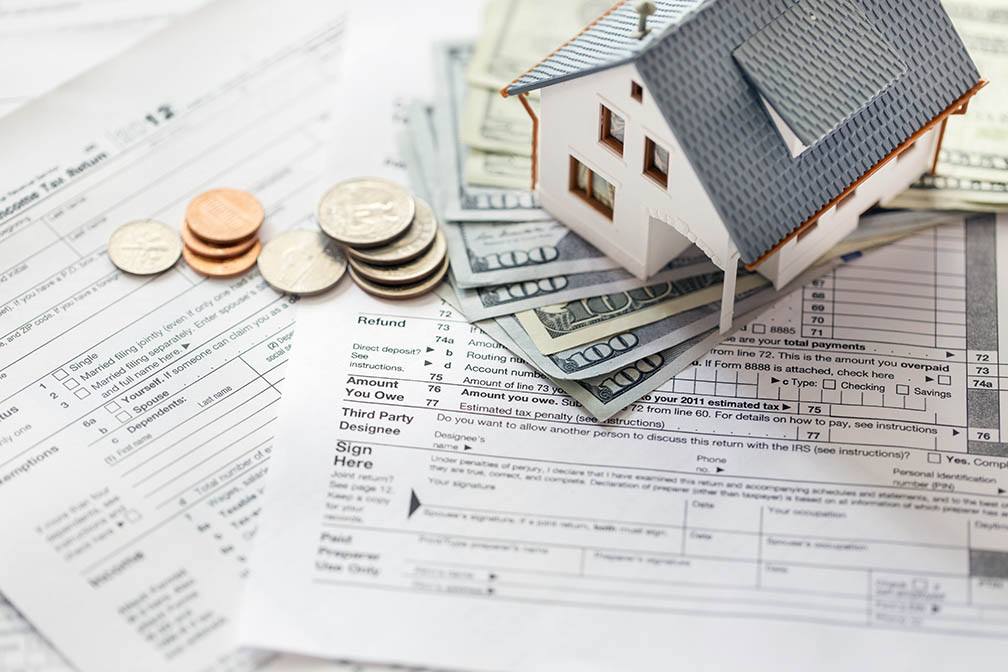 It’s always exciting to pack up and get away from your home for the sake of escape, but going on vacation also means leaving your home behind. While a good neighborhood can go a long way towards making sure your home stays safe in your absence, here are some additional tips for how to ensure you’ll be coming back from your trip without incident.
It’s always exciting to pack up and get away from your home for the sake of escape, but going on vacation also means leaving your home behind. While a good neighborhood can go a long way towards making sure your home stays safe in your absence, here are some additional tips for how to ensure you’ll be coming back from your trip without incident.
Take Care Of Your Property
Thieves will often assume that an unkempt yard and home maintenance issues are a sign of a homeowner that doesn’t care, and this will often attract them to a property. Instead of giving potential trespassers the wrong idea, ensure that your yard is well kept in your absence with no overgrown bushes, maintenance issues or items left out. It’s also important to make sure that no newspaper or mail is piling up at the door, as this can be a surefire signal to thieves that you’re away.
Talk To Your Neighbors
There’s no way even the best neighbors will be able to observe everything that may happen with your home, but having ones who will stop by and make sure things are OK is ideal. Whether your neighbors need to feed the cat or water the plants, have them check for any unlocked windows or other signs that something is afoot. One of the best guards against theft is a neighborhood watch program, so by utilizing this defense you can easily ensure the safety of your home when you’re out of town.
Invest In A Security System
Few things will provide the peace of mind that a security system does, so if you haven’t already invested in one, it might be time to start doing the research. There are many great options for security nowadays that are technologically advanced and will keep your mind at ease. There are even options for viewing your home that will enable you to check it on your mobile phone, and this can be a great means of keeping your house safe even from a distance!
Leaving your home behind to go on vacation can be nerve-wracking for the new homeowner, but by keeping your property maintained and enlisting your neighbors to check on it you can keep it safe and secure. If you’ll be preparing to buy a new home in the future, contact your trusted eal estate professionals for more information.
 The most popular time of year to buy a home is in the spring, and this means that if you’re preparing yourself for getting into the real estate market, you may be experiencing a time crunch. If you’re wondering if you’ll be ready to put your home up for sale in time to take advantage of the season, here are few things you’ll want to think about.
The most popular time of year to buy a home is in the spring, and this means that if you’re preparing yourself for getting into the real estate market, you may be experiencing a time crunch. If you’re wondering if you’ll be ready to put your home up for sale in time to take advantage of the season, here are few things you’ll want to think about. If you’re trying to buy a new home, few things are more frustrating than a hot real estate market. When home prices are climbing fast it can feel like you’ll never be able to save enough for your down payment. In today’s post we’ll share a few ways that you can get in – even if you’re feeling priced out.
If you’re trying to buy a new home, few things are more frustrating than a hot real estate market. When home prices are climbing fast it can feel like you’ll never be able to save enough for your down payment. In today’s post we’ll share a few ways that you can get in – even if you’re feeling priced out. Are you thinking about buying that perfect new home? Whether you’re buying for yourself or a new home for a family, there will be many costs involved. Let’s take a look at 3 budgeting tips that will help make home ownership on a single income easier.
Are you thinking about buying that perfect new home? Whether you’re buying for yourself or a new home for a family, there will be many costs involved. Let’s take a look at 3 budgeting tips that will help make home ownership on a single income easier. Are you on the hunt for a more efficient living space? Whether you’re a first-time buyer or downsizing from a larger home, buying small can still mean living big. Let’s explore four positives to living in a smaller, more intimate house or condo.
Are you on the hunt for a more efficient living space? Whether you’re a first-time buyer or downsizing from a larger home, buying small can still mean living big. Let’s explore four positives to living in a smaller, more intimate house or condo. It’s often so exciting to think of buying a new home that homeowners forget about the sale, but there are a lot of details involved in putting a home on the market. Whether you’re just considering selling or are readying to put your home up, here are some things you might not know about the process.
It’s often so exciting to think of buying a new home that homeowners forget about the sale, but there are a lot of details involved in putting a home on the market. Whether you’re just considering selling or are readying to put your home up, here are some things you might not know about the process.